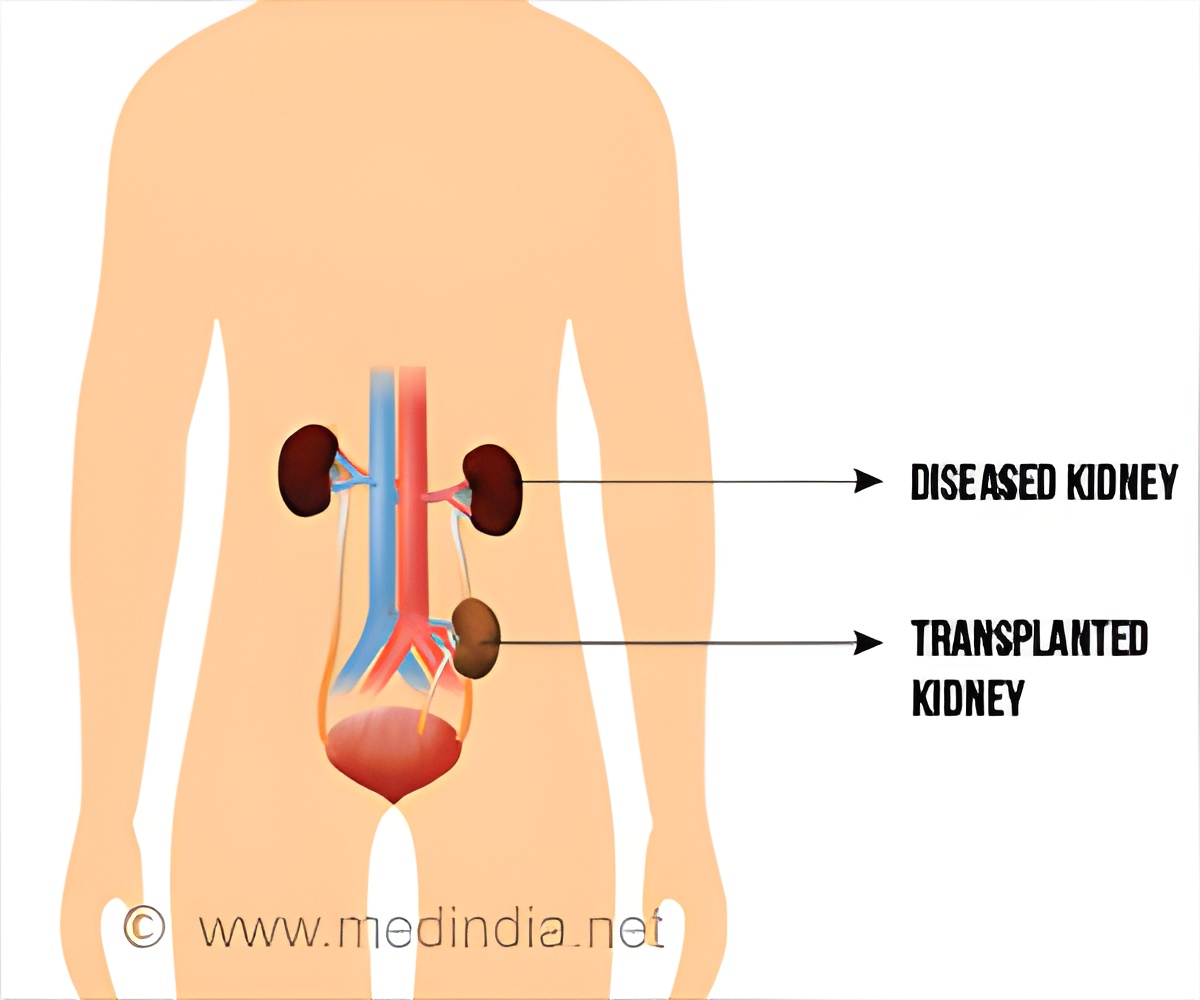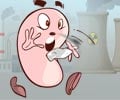Among 1,018 children with newly diagnosed chronic kidney disease and 4,072 children with normal kidney function who were seen at primary care practices, 71% and 50%, respectively, received at least one drug that is toxic to the kidneys over an average follow-up of 3.3 years.

‘There is a need for proper awareness among physicians and parents about their kids being prescribed with medications potentially toxic to the kidney.’
Read More..




For children with chronic kidney disease (CKD), it's important to limit intake of medications that can damage the kidneys. To study this issue, Claire Lefebvre, MDCM (University of Montreal) and her colleagues analyzed 1997-2017 data on children who received care at general primary care practices in the United Kingdom. Read More..
Children with CKD were matched 1:4 with patients without CKD. The researchers labeled medications as Category A (consistently recognized as toxic to the kidneys) and Category B (recognized as potentially toxic to the kidneys).
The analysis included 1,018 patients with newly diagnosed CKD who were matched to 4,072 patients without CKD. Over an average follow-up of 3.3 years, 26% of patients with CKD and 15% of patients without CKD were prescribed one or more Category A medications.
When considering Category B medications (which include Category A medications), 71% of patients with CKD and 50% of patients without CKD received at least one medication during follow-up.
The rate of Class A prescriptions was 71 per 100 person-years and 8 per 100 person-years in CKD and non-CKD patients, respectively. (A person-year is the number of years of follow-up multiplied by the number of people in the analysis.) The respective rates of Class B prescriptions were 278 vs.
Advertisement
"We have shown that medications potentially toxic to the kidney are prescribed at high rates to children with kidney disease, suggesting the need for increased awareness among physicians and patients about this problem," said Dr. Lefebvre.
Advertisement
Source-Eurekalert









